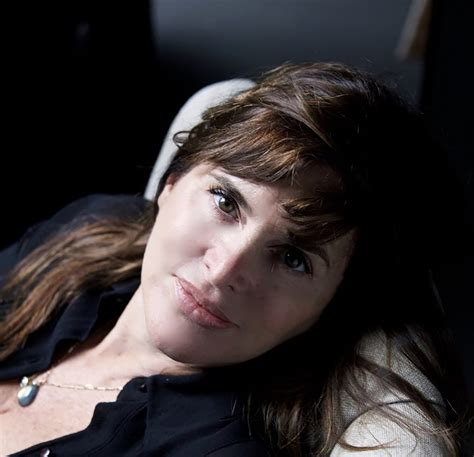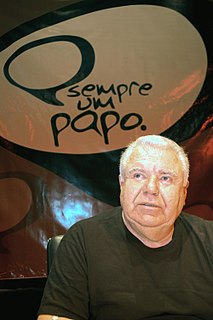A Quote by Martha Gellhorn
Then somebody suggested I should write about the war, and I said I didn't know anything about the war. I did not understand anything about it. I didn't see how I could write it.
Related Quotes
One of the reasons it's important for me to write about war is I really think that the concept of war, the specifics of war, the nature of war, the ethical ambiguities of war, are introduced too late to children. I think they can hear them, understand them, know about them, at a much younger age without being scared to death by the stories.
"What war?" said the Prime Minister sharply. "No one has said anything to me about a war. I really think I should have been told. I'll be damned," he said defiantly, "if they shall have a war without consulting me. What's a cabinet for, if there's not more mutual confidence than that? What do they want a war for anyway?"
Americans would have a right to go to war with the Iraqis if we could name one author from Iraq. It disturbs me that we're going to war with somebody we know absolutely nothing about. Name one Iraqi poet, one Iraqi woman activist, one Iraqi singer. Name one Iraqi novelist. You can't. And how can you go kill someone you don't know anything about?
With a book called 'Keeping Score,' I really did want to write a book about the Korean War, because I felt that it is the least understood war in the American cultural imagination. So I set out with the idea that Americans didn't know much about the Korean War and that I was going to try to fix a tiny bit of that.
There's no reason why you can't say "August Wilson, playwright" even though all of my work, every single play, is about black Americans, about black American culture, about the black experience in America. I write about the black experience of men, or I write about black folks. That's who I am. In the same manner that Chekhov wrote about the Russians, I write about blacks. I couldn't do anything else. I wouldn't do anything else.
I don't know enough about the lower classes to write about them. I don't feel with them, and that could be regarded as a defect, a limitation of my imagination. I could put myself in their position, but not politically. The idea of writing a story or a book about somebody completely devoid of appreciation of anything I care about is completely foreign to me.
And in the end, of course, a true war story is never about war. It's about sunlight. It's about the special way that dawn spreads out on a river when you know you must cross the river and march into the mountains and do things you are afraid to do. It's about love and memory. It's about sorrow. It's about sisters who never write back and people who never listen.




































